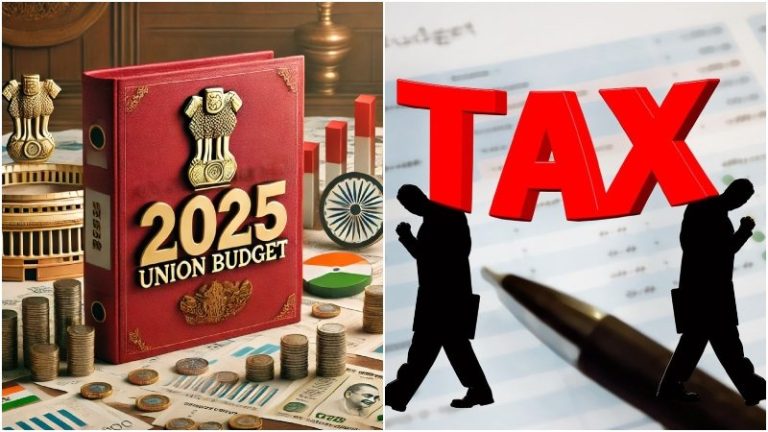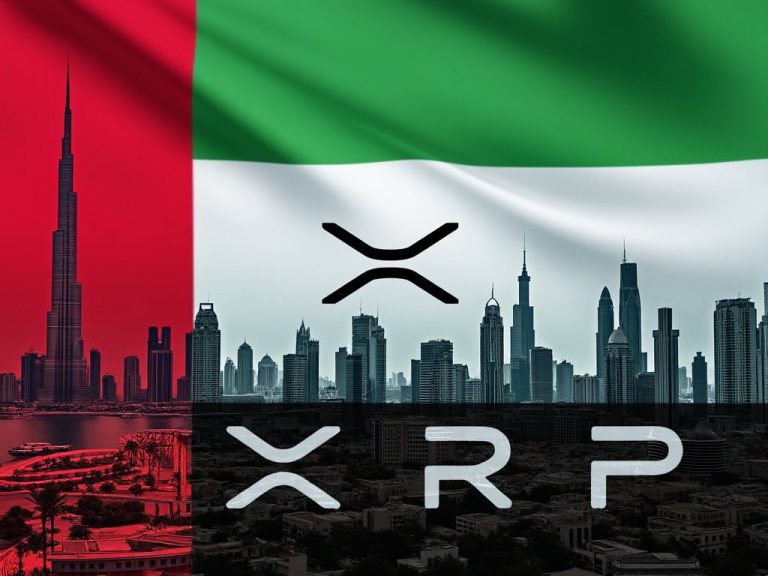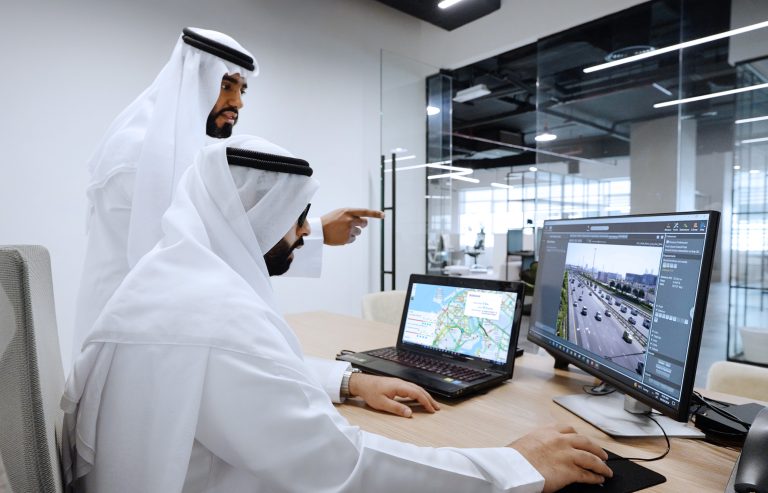UAE: 10 parking offences, fines you should know
GT: Parking in the UAE is regulated as it is necessary that motorists follow the appropriate rules so that everyone gets to benefit from the service.
AdNews_3
Haphazard or illegal parking by one motorist can cost another a spot to ease their car into. Illegal parking could also obstruct the movement of vehicles and pedestrians, and even access to fire hydrants.
AdNews_2
Federal traffic laws list out several parking or stopping-related offences and fines. Additionally, some of the more serious ones specify black points on the driving licence as an additional penalty.
AdNews_1
- Improper parking: Dh500 fine
- Parking behind vehicles and blocking their movement: Dh500 fine
- Parking without securing the vehicle: Dh500 fine
- Parking vehicles on pavements: Dh400 fine
- Stopping a vehicle in a way that blocks pedestrians’ movement: Dh400 fine
- Parking in front of fire hydrants: Dh1,000 fine, 6 black points
- Parking in spaces allocated for people with special needs: Dh1,000 fine, 6 black points
- Stopping in the middle of the road without a reason: Dh1,000 fine, 6 black points
- Stopping in the yellow box junction: Dh500 fine
- Stopping the vehicle in prohibited areas on the left road shoulder on public roads: Dh1,000 fine
Read Also:
- HVAC Technician Position Available at W Doha Hotel in Qatar
- Bell Attendant Position Available at Park Hyatt Doha Hotel in Qatar
- Laundry Technician Position at Riviera Rayhaan Hotel in Qatar
- Electrician Position Available at Riviera Rayhaan Hotel in Qatar
- A Reputed Foodstuff Company in Qatar is Looking for Truck Driver with good Salary
Khaleejtimes










